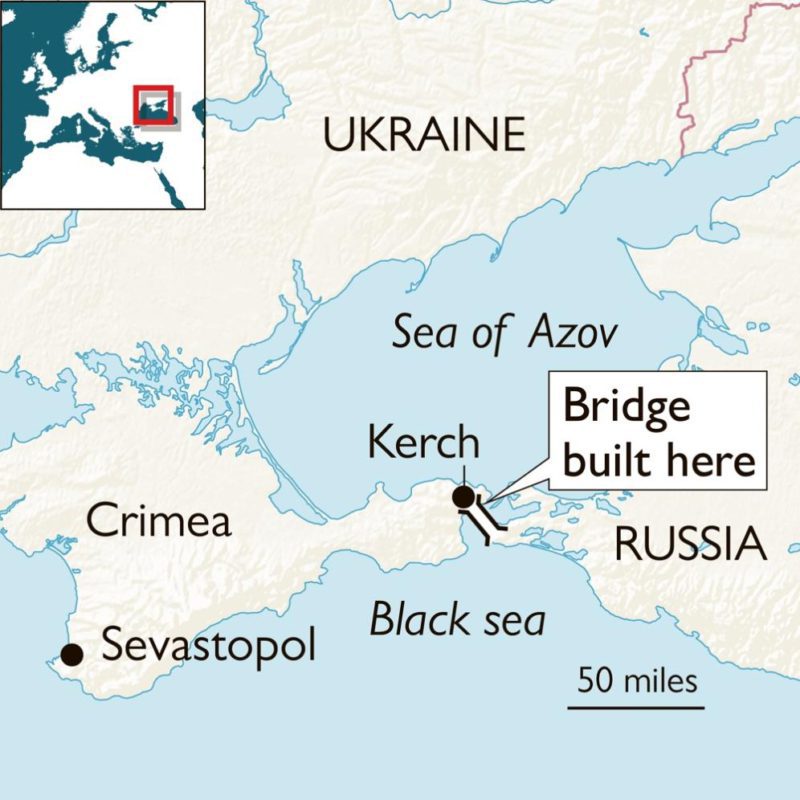Part 1 of 3
Development in the global South is an ongoing process that is faced by numerous challenges, each of which has been theorized about, dissected, and criticized. Debates over how exactly this process should take place are many; the multitude of opinions, analyses, and policies that have been implemented demonstrate this reality. Perhaps most debated is the question of whether or not the development of the South should (or is able to) follow the Western model.
This model, characterized by liberal democratic governance and capitalist economic structures, is the template that the global North seeks to replicate. The high number of actors involved at the individual, state, and international level is staggering. From state to state interventions, bi- and multilateral interventions, international organizations, non-governmental organizations, and individuals, the varying roles in development practises are widespread. Of the most critical challenges presented to those actors involved, security represents a pivotal first step in the development process.
There are indeed deeper, structural factors that constrain the development of states in the global South. Issues such as governance, prosperity, and social change are not going to be solved by cessation in hostilities orchestrated by an international actor. Furthermore, the geography of a state can affect its conflict frequency as well. For example, an abundance of in-demand natural resources can create hostilities concerning who exactly controls the resource-extraction process. More importantly, the revenue from natural resources can “provide the means to sustain violent conflict” through a variety of ways. While creating tension that exacerbates conflict, the revenue from natural resources can also be used to fund the acquisition of small arms.
While the end goals of many development projects- democratization, free markets, human rights, as well as political and social freedom- are long-term and face a multitude of challenges themselves, they cannot be realized without the initial step of security. A large majority of violent conflict takes place in less-developed states, most notably in sub-Saharan Africa. For states that are not experiencing violent conflict, there is still the risk of the abuse of political, judicial, and economic power that can be addressed through varying forms of security assistance.
[quote align=”center” color=”#999999″]Most of the victims in today’s wars are civilians[/quote]
As the World Bank’s World Development Report 2011: Conflict, Security, and Development outlines, the nature of conflict has changed in the twenty first century. The report highlights that while conflicts in the world have decreased since the twentieth century and its great power wars, the reality is that now, “…these fears have given way to fears of local and regional wars fought predominantly in poor countries within weak or failed states and with small arms as the weapon of choice. Most of the victims in today’s wars are civilians.” The implication is that not only does this result in the loss of human life, it is also detrimental to global security as a whole.
The 2011 report notes that out of the 32 states ranked low in terms of development, conflict has taken place in 22 since 1990. The tendency of weak and fragile states to devolve into violent conflict shows sceptics that the post-Cold War peace has yet to come to fruition, despite the reduction in conflicts globally. The increasing occurrence of conflict in the global South presents a pivotal challenge for the prospects of development in these regions.
Catalysts for violence exist in every state in the world; the difference is the amount of infrastructure and training available to address it.
As mentioned in the 2011 report, “compounded failures to protect people against security risks, to provide for basic needs and to develop political institutions perceived as legitimate are standing features of conflict-prone states.” These weak or failed states are unable to provide proper security measures in order to address possible conflict in their borders. Here the challenge for developing states is to first address the immediate concerns that face them; namely, the role of violence as a factor that constrains political, social, and economic development.




